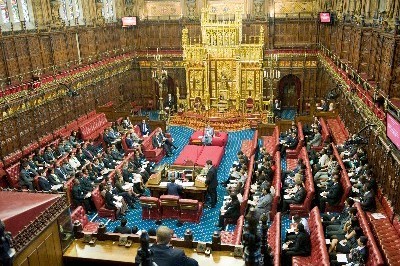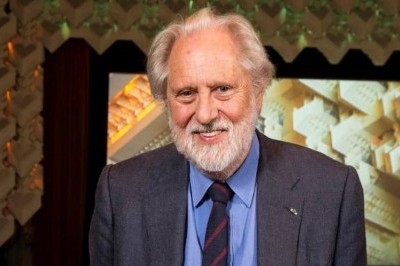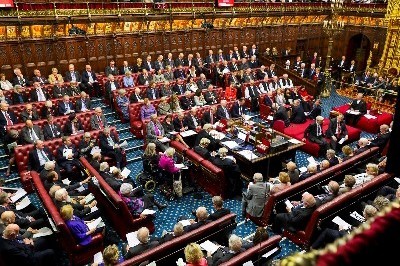Lord Puttnam made the following contribution to the Education (Student Support) Regulations 2018 Debate at the House of Lords, Monday 21st May:
My Lords, I support the Motion of my noble friend Lord Hunt. I hope to help the Minister with some experiences from the past, which I think are very germane.
My noble friend Lord Hunt and I entered this House on exactly the same day: 5 November 1997. He came as someone with great authority and experience in the National Health Service; I came from a terribly different world, with the specific job of working for Lord Blunkett, then the Secretary of State for Education. We had a crisis in teaching and with teachers. I commend to the House the front page of the Times Educational Supplement from 6 April 2018. It states:
“Missing: 47,000 secondary teachers. In a system already struggling to fill the gaps, some are thinking the unthinkable: is it time for teaching without teachers?”
I would add this: is it time for nursing without nurses?
The situation is very serious because any possibility that the Minister and his department have of resolving the problem depends entirely on the pipeline supplied by the teaching profession. That has a time factor attached to it, which is very important. It took the Blair Government—I worked constantly at the department for education—six years to get back to equilibrium after the teaching crisis. We were desperately short of teachers —close to the same number we are short of today.
Here is the problem: a demographic bulge will hit us in 2024. At that point, we will be short of something close to 50,000 secondary teachers. It is totally predictable; we can see it coming. It happens to be coming at a time when the number of graduates entering the profession are, necessarily, quite light because of an inverted demographic. We had an enormous problem. This Government have an enormous problem, and unless they solve their educational pipeline problem, by ensuring that there are enough teachers in the system, the worse the nursing problem will get.
I commend the past to the Minister. We learned a powerful lesson between 1997 and 2003. Unless the Minister wants to revisit a similar lesson in the National Health Service, he must address this issue now.
The full debate is available on the Hansard website.





